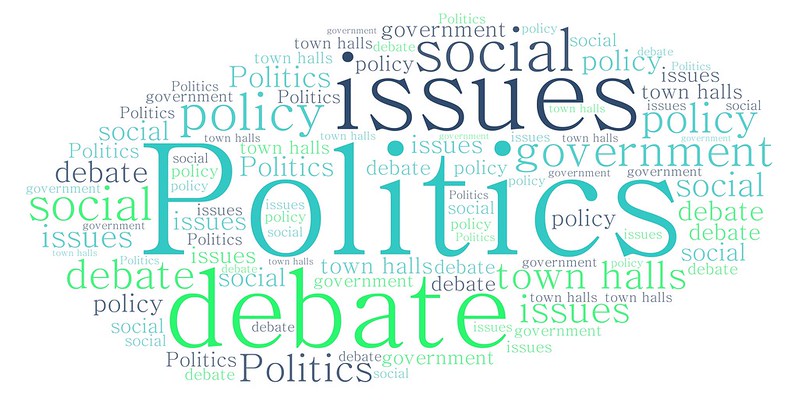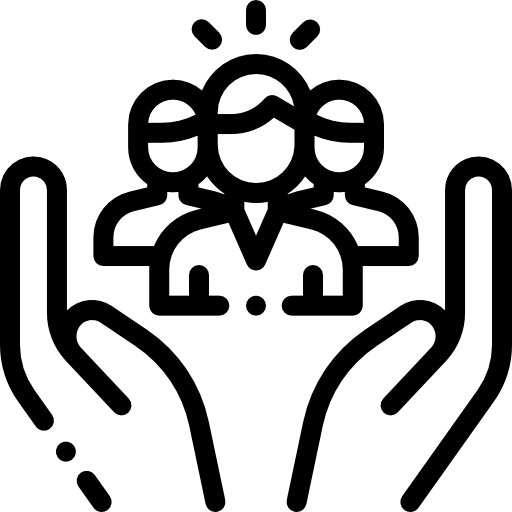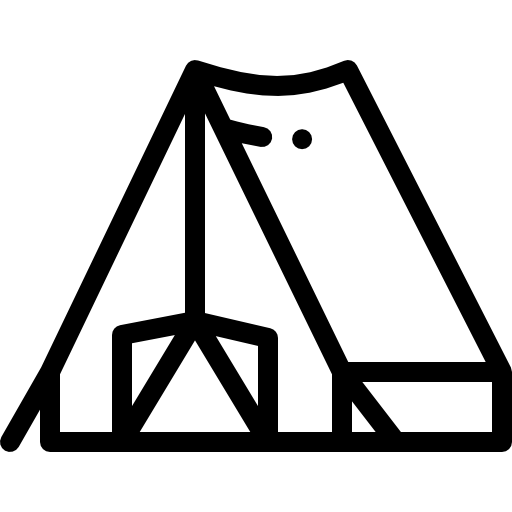Ideologies in numbers
The chart below illustrates the prevalence of various ideologies worldwide. It visually represents the total number of political, social, and economic ideologies that influence countries and societies. This diagram provides a clear and insightful view of their distribution, helping you understand the impact these ideologies have on the world today.












